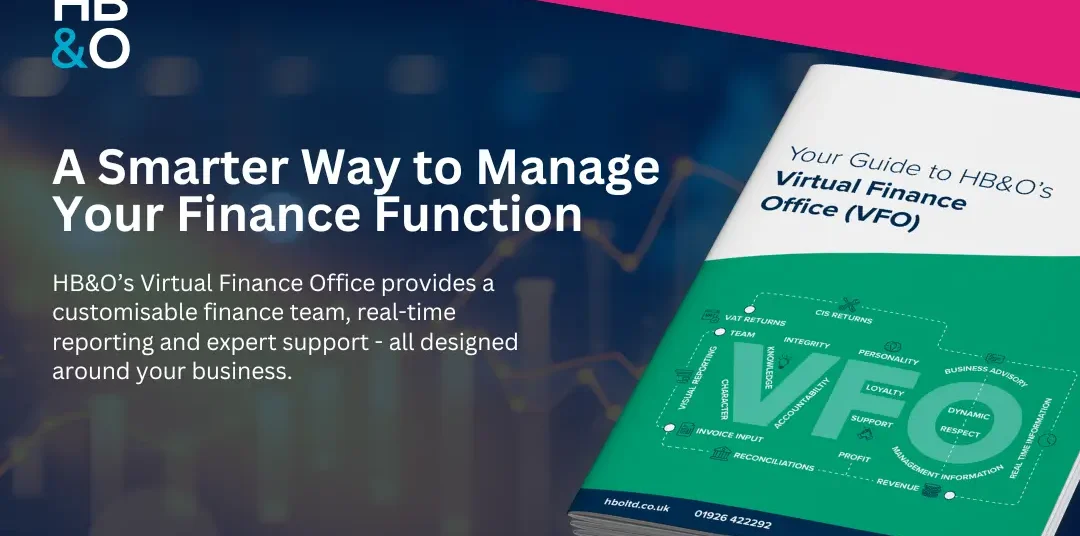The abolition of the Furnished Holiday Lettings (FHL) tax regime, confirmed in the Spring Budget 2024, will take effect from 6 April 2025. This means property owners (individuals) currently benefiting from the scheme must understand how these changes will impact them.
What this means for property owners
The abolition of the FHL regime will see the same tax treatment being applied, whether you continue providing holiday accommodation or decide to rent property on a longer-term basis. With the new rules taking effect soon, now is the time to assess your options and plan accordingly. Key areas to focus on include:
Income tax
From April 2025, the reclassification of FHL income will align with other property income, removing the preferential tax treatment that FHLs currently benefit from.
Jointly held properties
The share of profits and losses arising from jointly owned property will generally match the underlying interests that each party holds in the property, although joint owners can agree a different split. However, for married couples and those in a civil partnership, the rules are different. Here, the default position is that income will be treated as arising in equal shares unless their actual entitlement to the income and the property are unequal and they have informed HMRC that their share of the profits or losses should match their respective interests in the property. This can be achieved by submitting a valid form 17 to HMRC, along with evidence that the property is held in unequal shares. Form 17 must be submitted to HMRC within 60 days from the date it was signed. HMRC enforce this time limit, so if missed, a new form would be required. As the form does not apply retrospectively, a 50:50 split would apply for the intervening period.
Pension contributions
Another significant change will be the treatment for pension contributions. Currently, profits from FHLs are considered “relevant earnings,” which allows individuals to include FHL profits when determining what pension contributions can be made, that benefit from tax relief. However, from April 2025, profits will be from normal property income and will no longer count as relevant earnings, limiting the amount that can be contributed to pensions and on which tax relief can be received.
Mortgage Interest
One of the key benefits for FHL owners has been the ability to fully deduct mortgage interest from rental income. However, after April 2025, this will be restricted to the basic rate of income tax, in line with other property rentals.
Capital allowances
From April 2025, property owners will no longer be able to claim capital allowances on furniture, furnishings or fixtures, so there will be no tax relief for future capital costs until the property is disposed of. Instead, owners will only be able to claim deductions for the cost of replacing domestic items. This marks a significant shift away from the current regime, which allowed for more generous tax relief on these items. Property owners who have already claimed capital allowances will be able to continue claiming writing-down allowances on existing pools.
Losses
From April 2025, property owners will be able to offset losses brought forward from FHLs against other property income.
Capital gains tax (CGT) changes
Former FHL’s, from April 2025, will no longer benefit from certain CGT reliefs. Specifically, Business Asset Disposal Relief (BADR), Gift Relief, and Rollover Relief, will be removed.
- Business Asset Disposal Relief (BADR): Currently, FHL owners can potentially benefit from a reduced CGT rate of 10% on the first £1 million of qualifying gains. After April 2025, the disposal of a former UK FHL will be chargeable at the normal rates for UK residential property, namely 18% and/or 24%, unless the FHL business ceased on, or before, 5 April 2025, and the property is disposed of within three years of the date of cessation (conditions apply).
- Gift and Rollover Relief: These reliefs, which allow for deferral or the rolling over of CGT on transfers of trading assets, will no longer be available.
Anti-forestalling provisions
The UK government has introduced anti-forestalling provisions where contracts entered into on, or after, 6 March 2024, but where the disposal takes place post 5 April 2025, will generally not be able to benefit from BADR, Gift Relief or Rollover Relief.
Risks and planning opportunities
The changes introduce significant risks, primarily an increase in tax liabilities due to the loss of various reliefs and deductions. However, these changes could also simplify tax planning for owners with mixed property portfolios.
Prior to 6 April 2025, it would make sense for any owners of FHLs to accelerate any capital costs to take advantage of capital allowance, while still available.
For married couples and those in a civil partnership, Form 17 should be signed no later than 6 April 2025, and submitted to HMRC within 60 days, to ensure profits and losses do not default to 50:50, where unequal interests are held.
It may also be worth exploring whether incorporating your property portfolio is possible and the tax implications of doing do.
How we can help you
If you would like to understand the upcoming changes and the rules around them, please get in touch with a member of our tax team today who will be able to assist you and ensure you are prepared.
Email: [email protected]
Phone: 01926 422292














